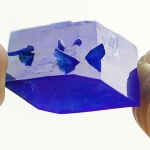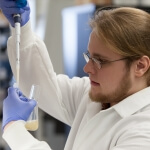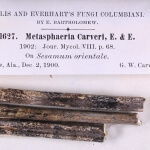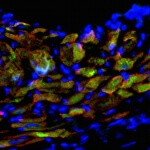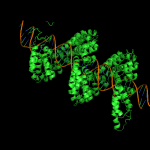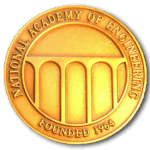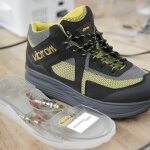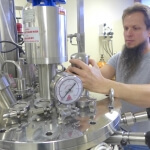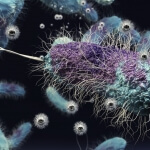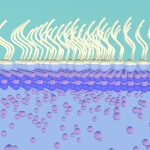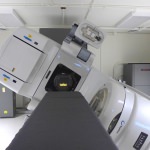Category Science & Technology
Siftr: Web tool for citizen science, ethnography, teaching
The Field Day Lab's creation is already in use in different corners of the globe and is gaining traction, especially among educators. Read More
60 years after pioneering survey, Wisconsin prairies are changing rapidly
Researchers have found that human influence has accelerated the rate of species change in these prairies and likely in other natural places. Read More
Specimens from George Washington Carver discovered at UW–Madison
At least 25 specimens of fungi that infect plants, collected more than a century ago, were found in the Wisconsin State Herbarium. Read More
Grassland biofuels could benefit people and birds in Wisconsin and beyond
Converting marginal farmlands could also have other natural benefits, from creating habitat for pollinators to keeping nutrients in the soil and out of waterways. Read More
Power walk: Footsteps could charge mobile electronics
When you’re on the go and your smartphone battery is low, in the not-so-distant future you could charge it simply by plugging it into your shoe. Read More
Long-term picture offers little solace on climate change
A new study finds that the catastrophic impact of another three centuries of carbon pollution will persist millennia after the carbon dioxide releases cease. Read More
Small-scale protein production a big business for UW spinoff
Unlike many young biotech spinoffs, Fritz Schomburg's company — Lytic — earns its income not from federal research grants, but from shipping product. Read More
Virtual reality makes its best users the most queasy
In a twist of virtual fate, people with the best 3-D vision are also the people most likely to suffer from motion sickness while using virtual reality displays. Read More
Lewis Thomas Prize to be awarded to Wisconsin’s Sean Carroll
Carroll was instrumental in building the field of evolutionary developmental biology, known colloquially as evo devo. Read More
Nanosheet growth technique could revolutionize nanomaterial production
Tiny sheets of the semiconductor zinc oxide could have huge implications for the future of a host of electronic and biomedical devices. Read More
WARF’s Gulbrandsen to receive lifetime award
His tenure has seen WARF increase grant support for UW–Madison, expand its entrepreneurial mission, and chart scientific milestones from embryonic stem cells to life-saving vaccine research. Read More




